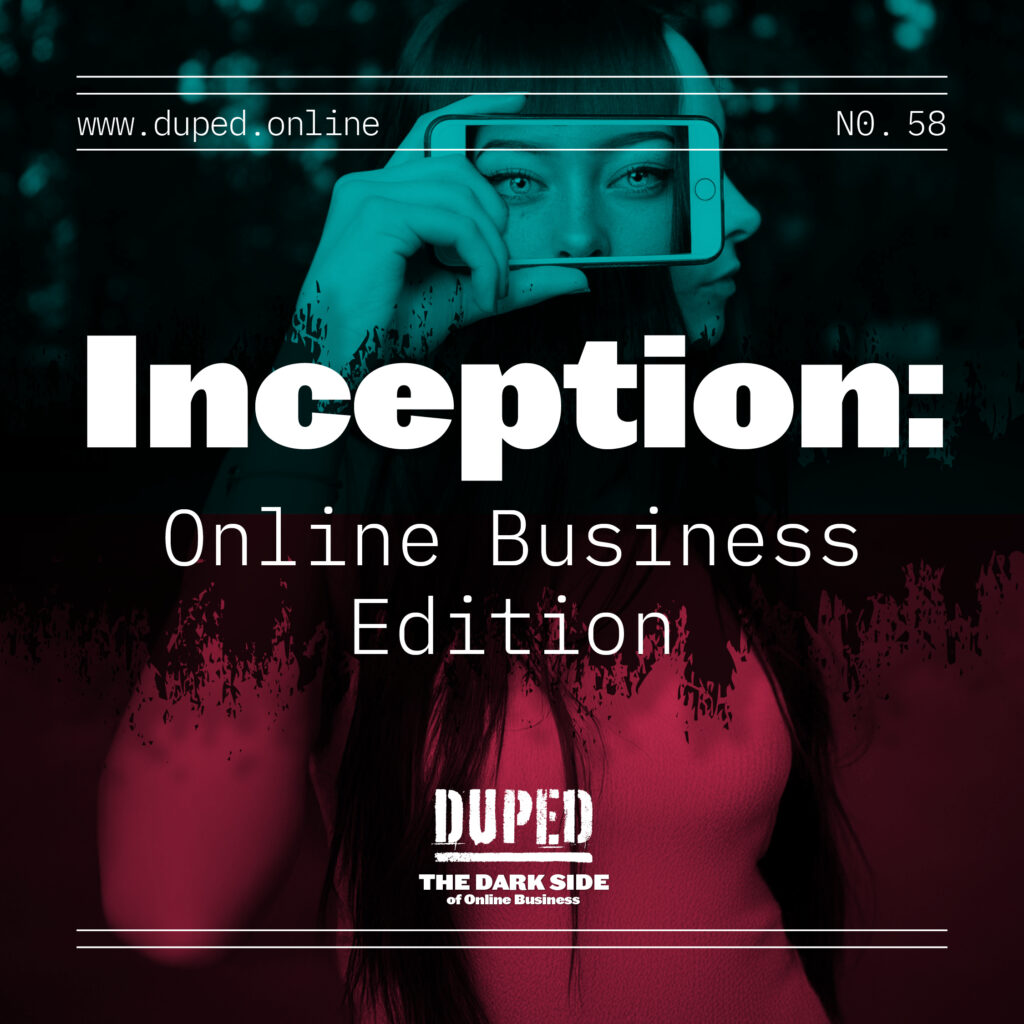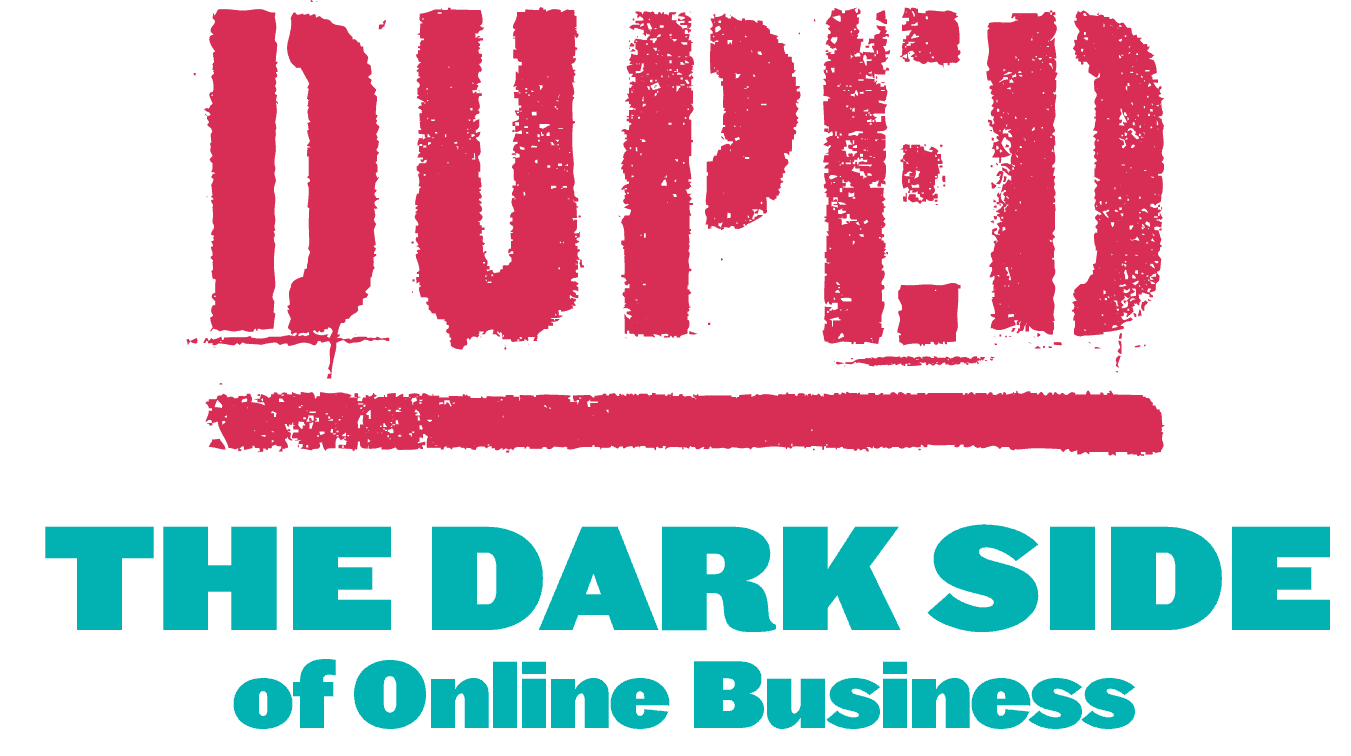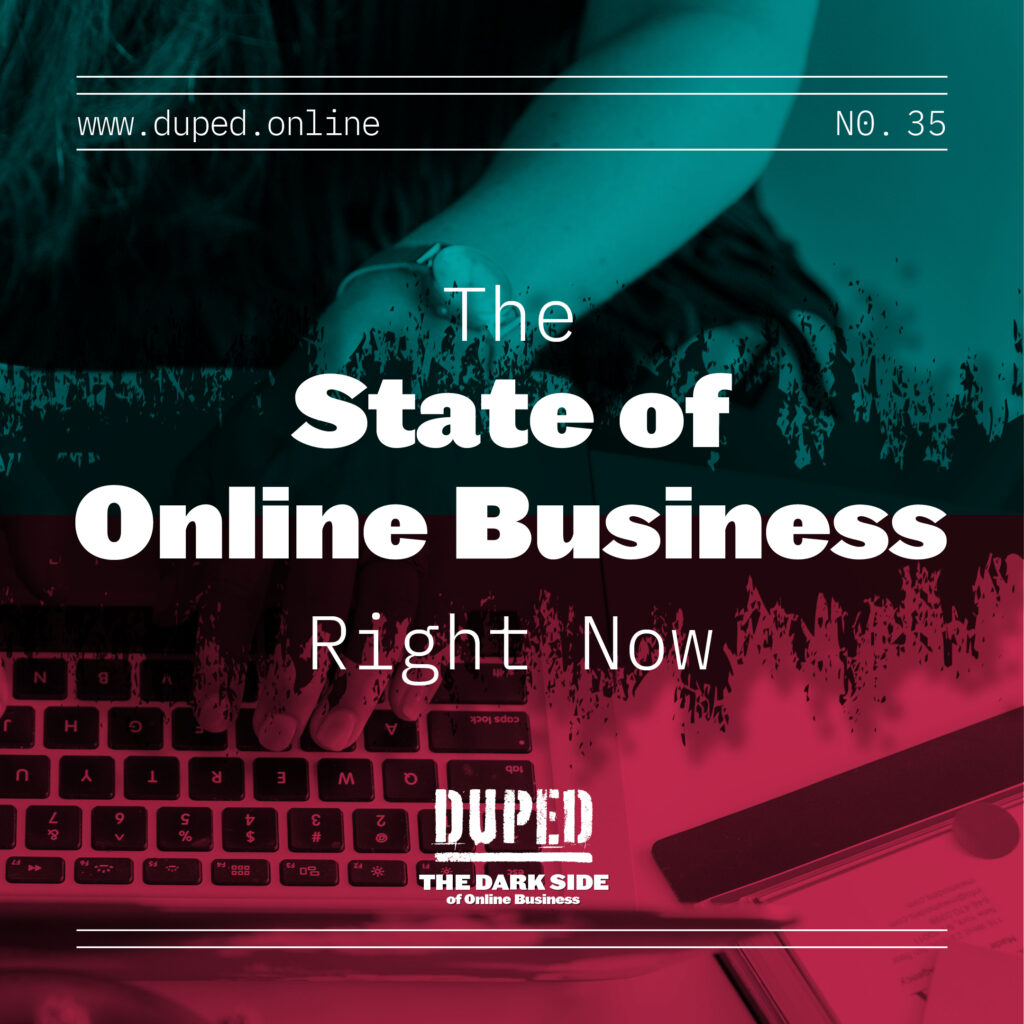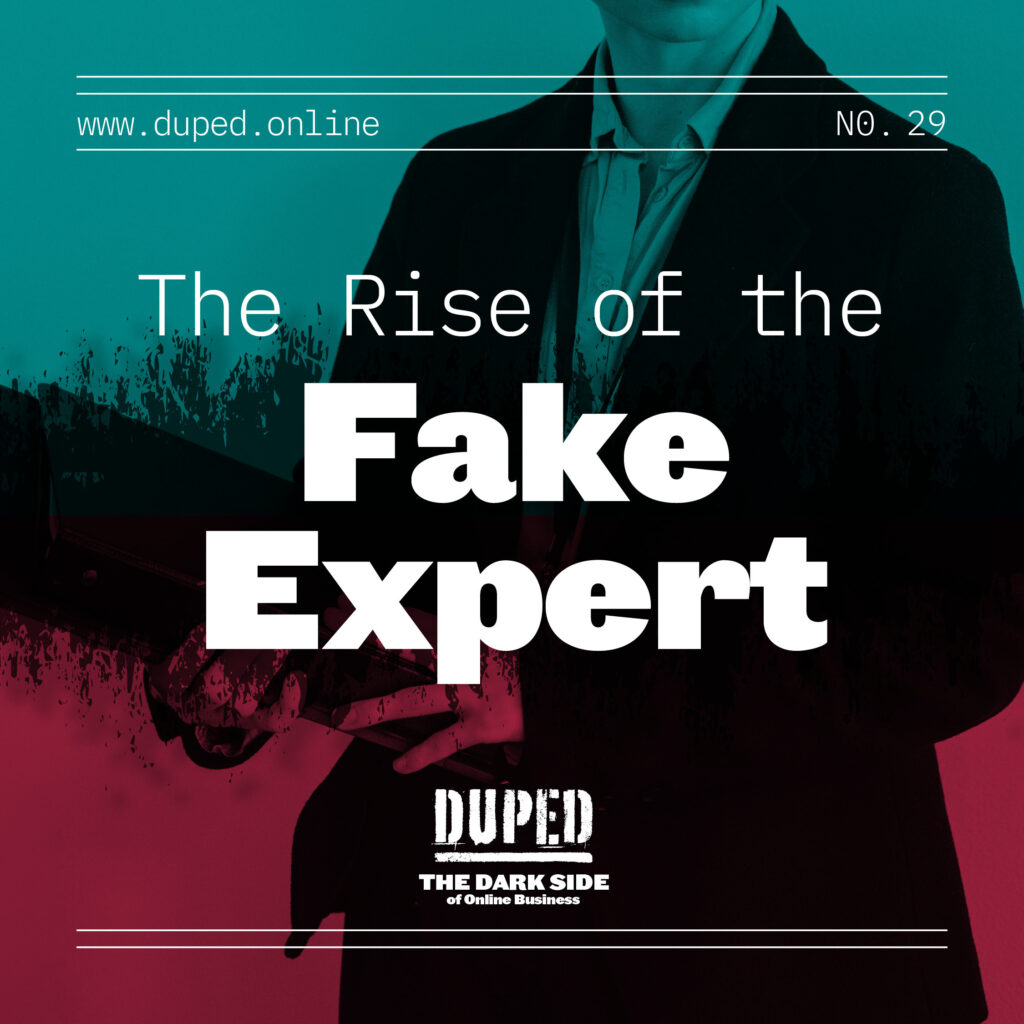
Inception: Online Business Edition
In a world where everyone wants to be their own boss, a strange pattern has emerged…
Coaches who coach coaches to be coaches.
Creators who teach other creators how to be creators.
Instagram influencers who teach other influencers how to be influencers on Instagram.
This isn’t just a business model—it’s online business inception, a pyramid scheme of success where the only product being sold is the promise of success itself.

Do you remember the movie Inception?
It’s a heist movie directed by Christopher Nolan where Leonardo DiCaprio (and his ragtag team) enter people’s dreams to plant an idea into a businessman’s subconscious mind so he can convince him to break up his father’s company.
Online Business inception is all about planting those ideas into your mind, but they don’t need to enter your dreams to do it. They primarily use social media to plant the idea that you can be successful as them if you follow what they did to create a coaching business, become a creator or reach astronomical heights on social media.
Online Business inception is subtle. You probably won’t be able to spot it straight away. After all, when you want to learn how to build a coaching business, master a platform or be a creator. You’re going to seek out some information on how to do that.
And that’s when they ensnare you. Too many of these coaches, creators, and platform specialists only became successful when they started teaching how to be successful.
Let’s talk about 3 tell-tale signs of Online Business inception, the online business inception pyramid scheme, and how to protect yourself.
Sign #1: Circular Content Strategy
The circular nature of these businesses creates a self-referential ecosystem that lacks substance. These “experts” typically:
- Build their entire personal brand by teaching others how to build personal brands
- Create content about creating content
- Share posts about how to make posts that get engagement
- Use their own engagement as proof that their system works
The fundamental problem is that their success is not transferable to other industries – they have only proven they can succeed at teaching the platform itself. It’s like a fitness coach whose only credential is being good at teaching people to become fitness coaches, not actually helping clients achieve fitness goals.
Sign #2: Selection Bias in Success Stories
Selection Bias is a term in research where scientists intentionally include certain individuals or groups in a study to obtain the desired results. Selection bias is at play in how these business owners choose to tell their story.
When these online business owners showcase their success, they rarely acknowledge:
- Their growth was specifically driven by teaching about the platform.
- Their strategies work differently for accounts teaching LinkedIn/Instagram than for accounts selling unrelated products/services..
- They often began building their following when competition was lower.
- They frequently had advantages such as existing networks, prior experience, or resources unavailable to their target audience.
This creates misleading expectations for their followers who believe they can achieve similar results in completely different niches following the same formula. The reality is that you’ll never be able to achieve the same results.
Sign #3. Diminishing Returns
As more people implement the exact same strategies, several problems emerge:
- Platform fatigue: Users become tired of seeing the same content formats (Hello, LinkedIn…).
- Content saturation: Platforms become flooded with similar content, making it increasingly difficult for anyone to stand out.
- Tactics lose effectiveness: What worked a year ago often becomes ineffective as platforms evolve.
- “Follow loops” develop where coaches follow each other but don’t connect with actual clients or customers.
This creates a system where only the earliest adopters truly benefit, while later entrants struggle despite following the same advice. It also contributes to the enshittifcation of platforms.
The Online Business Inception Pyramid Scheme
This phenomenon creates a system where participants quickly realize the most lucrative path isn’t applying the strategies to build genuine businesses, but rather teaching others the very same strategies:
- Incentive distortion: As people struggle to monetize their growing follower count, land clients, or build an audience in their original niche, they notice that those teaching the platform itself are the ones making real money.
- Path of least resistance: It becomes far easier to pivot to teaching LinkedIn/Instagram/Creator./Coach strategies than to develop genuine expertise or products in another field.
- Economic reality: Many discover that followers gained through platform-specific content don’t convert well for unrelated products/services, but will pay for platform growth advice.
- Market saturation cycle: This creates waves of new “experts” who:
- Start in a niche
- Build some following
- Struggle to monetize
- Pivot to teaching the platform
- Further saturate the market
- Expertise inflation: As this cycle continues, people with increasingly minimal experience declare themselves “experts” after just months of platform use.
- Value extraction vs. creation: The ecosystem becomes focused on extracting value from newcomers rather than creating value for end consumers outside the system.
This creates a troubling dynamic where the primary “product” being sold throughout the ecosystem is the promise of success itself, not actual business outcomes. The most successful participants aren’t those using the platform strategies for real businesses, but those selling the dream of platform success to others.
How Can You Avoid the Online Business Inception
As always, we want to leave you with what to watch out for so you don’t get caught up in the online business inception.
- Do Your Research: Be sure to vet who you’re following and whether you can trust their advice before giving them any money. Find out if they had a successful business BEFORE they entered into the online business inception, or did they only become successful after.
- Temper your expectations: It’s natural to want to learn about a platform or how to create a business, but realize that the success you see is because of what they are teaching and not realistic for your niche.
- Beware of outdated tactics: Online business moves quickly, and what worked a year or even six months ago may no longer be effective, so be cautious when spending money.
- Be a pattern spotter: When you see a particular tactic or business model start sweeping the online space, that’s a sign that online business inception is happening.
Links for this episode:
Join the

Patreon

for only $7/month and get a
monthly bonus episode,
behind-the-scenes content
and more.










